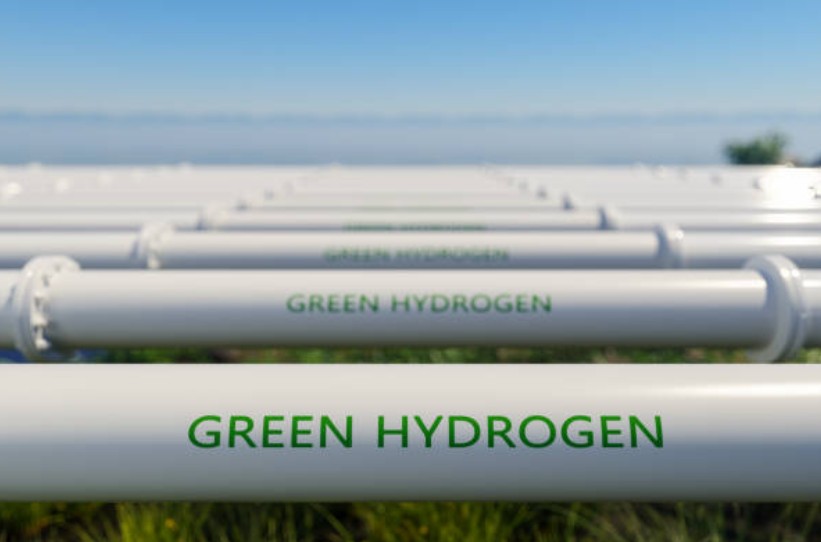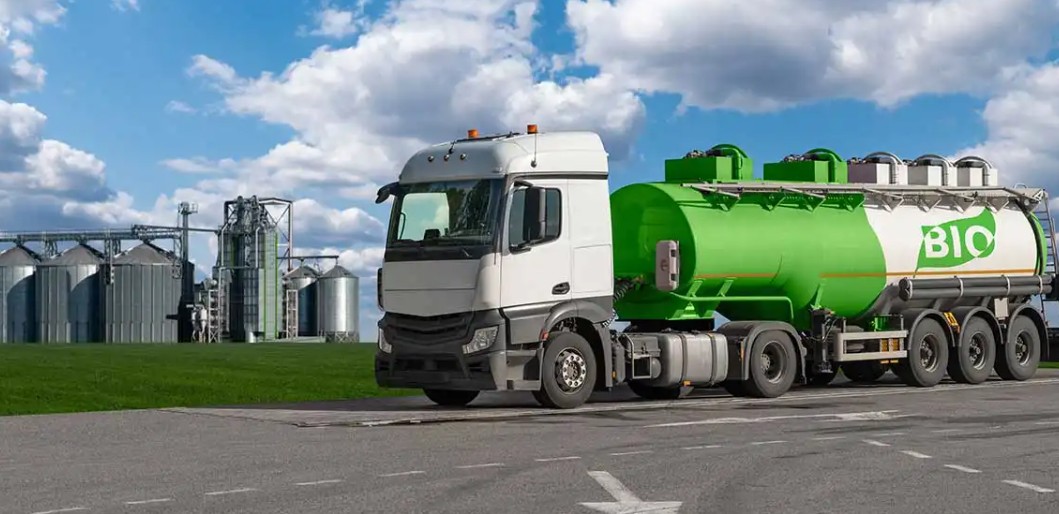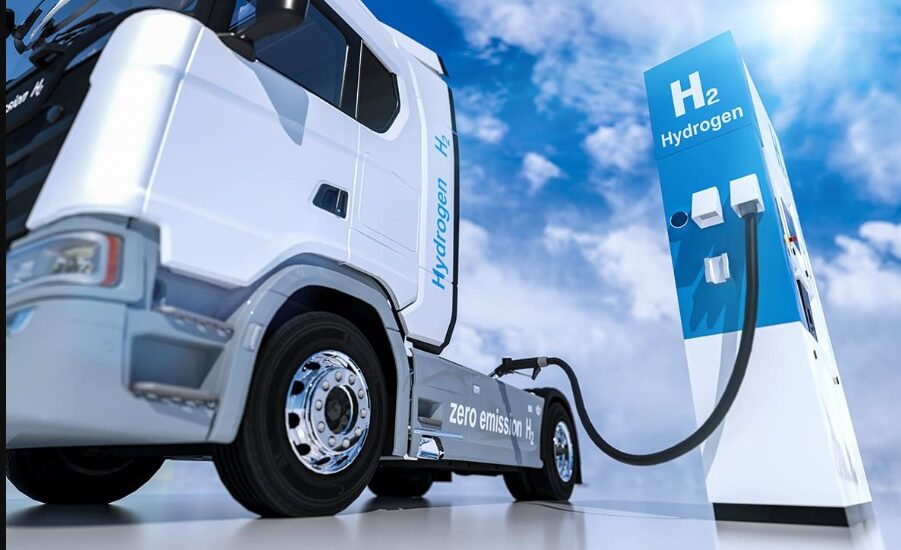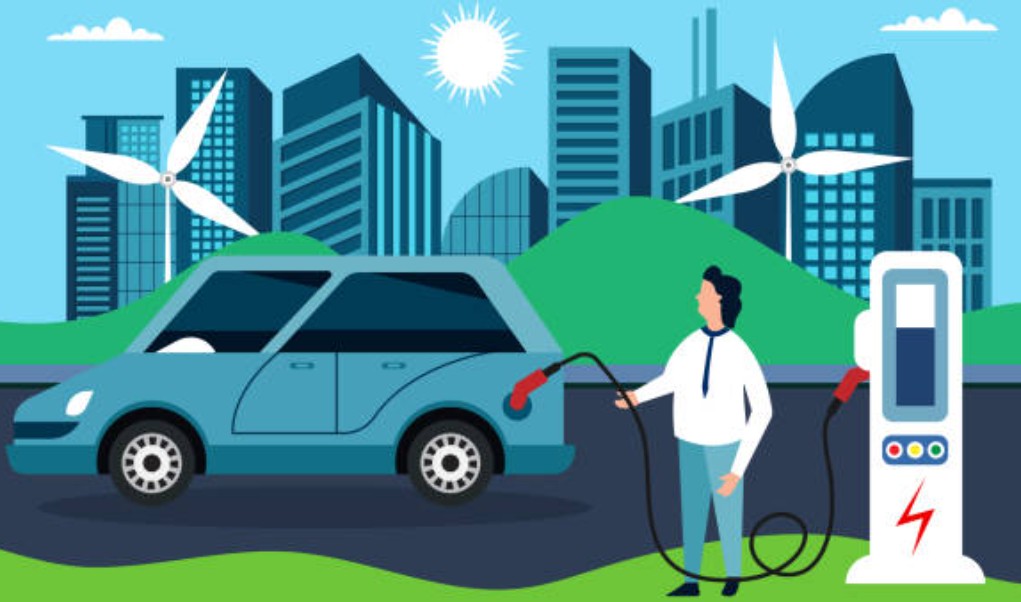How Is the Automotive Industry Attempting to Use Renewable Fuel Sources? Innovations Driving Change
Last Updated on
The automotive sector is undergoing a major transformation, shifting from reliance on traditional fossil fuels to more sustainable alternatives. In the United Kingdom, policies like the Renewable Transport Fuel Obligation (RTFO) and a growing focus on technological innovations have made renewable fuels a key part of the drive toward cleaner transportation. By incorporating biofuels, e‑fuels, and hydrogen, the automotive industry is working toward reducing lifecycle greenhouse gas emissions and aligning with ambitious net-zero goals.
How Is the Automotive Industry Attempting to Use Renewable Fuel Sources?

As part of the wider transition to a greener future, the automotive industry is embracing renewable fuel sources across various vehicle types—from passenger cars to heavy-duty trucks. This shift is made possible by advancements in fuel technology, supportive policies, and evolving consumer demands for more sustainable transport options.
By adopting renewable fuels, manufacturers and fleet operators can reduce carbon footprints without requiring extensive changes to existing infrastructure or vehicle technology. The key to this transition is the adoption of biofuels, synthetic fuels (e‑fuels), and hydrogen, all of which play unique roles in making the transport sector more sustainable.
What’s Fueling the Shift Toward Renewable Fuels?
Side Note: The push for renewable fuels is not only a reaction to environmental concerns but also driven by economic incentives, regulatory pressure, and increasing consumer demand for greener alternatives.
Several key factors are driving the shift towards renewable fuels:
- Government Regulations: With the UK setting ambitious targets under the Renewable Transport Fuel Obligation (RTFO), fuel suppliers are required to increase the proportion of low-carbon fuels in their blends. For example, 13.08% of road transport fuel must come from renewable sources in 2023, with this increasing to 19.47% by 2030.
- Reduction of Greenhouse Gas Emissions: Renewable fuels like biofuels and e‑fuels offer significant reductions in CO₂ emissions compared to conventional fossil fuels. In fact, renewable fuels used in the UK under the RTFO achieved an average 81.5% greenhouse gas reduction in 2023, which is a major step towards meeting the country’s net-zero emissions targets by 2050.
- Market Demand for Sustainability: Consumers and businesses alike are becoming more environmentally conscious. Fleets and individual consumers are seeking ways to reduce their carbon footprints, and renewable fuels offer an accessible means to do so without requiring major investments in new vehicles or infrastructure.
How Are Biofuels Integrated into UK Transport?

What Blends Are Already on UK Forecourts?
Biofuels have already become a significant part of the UK’s fuel mix, with several blends commonly available at petrol stations across the country. These biofuels are designed to reduce carbon emissions while integrating seamlessly with existing infrastructure.
- E10 Petrol: Contains up to 10% ethanol and is available at many UK forecourts. This fuel is designed to be used in cars without requiring modifications and offers around 80% reduction in lifecycle emissions compared to pure gasoline.
- B7 Diesel: It is a mixture consisting of 7% biodiesel and 93% standard diesel fuel. This blend has been available for several years and reduces greenhouse gas emissions by approximately 60% over conventional diesel.
What’s Beyond First‑Generation Biofuels?
While traditional biofuels like E10 and B7 have paved the way for cleaner fuel options, the automotive industry is now focusing on more advanced forms of biofuels and renewable fuels, such as:
| Fuel Type | Blend Level | GHG Reduction | UK Status |
|---|---|---|---|
| Hydrotreated Vegetable Oil (HVO) | 100% drop-in | 80–90% | Widely used in heavy-goods fleets |
| Renewable Diesel (RD) | 100% drop-in | 70–80% | Limited commercial deployment |
| Biomethanol | Neat or blended | ~90% | Pilot trials with logistics companies |
| Synthetic e‑Fuels (e‑Gasoline, e‑Diesel) | Neat | 90–100% | Demonstration projects underway |
| Hydrogen (Fuel Cell Vehicles) | 100% | 0% tailpipe emissions | Niche rollout, expansion in progress |
Table: Key renewable fuel options in the UK automotive sector (2025 projections).
What Innovations Are on the Horizon?
How Are E‑Fuels Being Developed?
E‑fuels represent a major innovation in renewable energy for vehicles. These fuels are produced by using renewable electricity to split water into hydrogen (via electrolysis) and then combining the hydrogen with captured CO₂ to create a synthetic fuel that mirrors the chemical structure of gasoline or diesel. This process allows e‑fuels to be used in existing internal combustion engines, offering a potentially carbon-neutral alternative.
- Porsche’s Pilot Plant in Chile: Porsche is leading the charge with a new pilot facility in Chile that will produce e‑fuels on a commercial scale by 2026. These fuels are expected to power both motorsport and classic cars, with the potential for broader adoption in the automotive market.
- Rolls-Royce’s Synthetic Fuel Demonstrations: Rolls-Royce has also demonstrated the potential of e‑fuels by testing aircraft engines running on synthetic fuels. This could open up pathways for aviation and road transport to decarbonise using similar fuel technology.
What Role Will Hydrogen Play in Road Transport?

Hydrogen fuel-cell vehicles (FCVs) produce zero tailpipe emissions and have high energy density, making them an excellent alternative for long-distance travel and heavy-duty vehicles such as buses and trucks. In the UK, hydrogen is a crucial component of the nation’s strategy to reduce emissions in the transportation industry.
- Fleet Trials: Several UK-based companies are already testing hydrogen-powered vehicles in their fleets, particularly in the logistics and public transportation sectors. These trials are designed to gather data on hydrogen’s efficiency, refuelling logistics, and cost-effectiveness.
- Hydrogen Refuelling Network Expansion: Under the UK’s hydrogen strategy, plans are in place to create more than 65 hydrogen refuelling stations by 2030. This expansion is crucial for making hydrogen-powered transport a viable option for a larger portion of the UK population.
What’s Next for Renewable Fuels in the Automotive Industry?
Looking ahead, renewable fuels will become an increasingly integral part of the UK’s automotive landscape. As more efficient production methods are developed and infrastructure expands, these fuels will become more affordable and accessible. In combination with electric vehicles, renewable fuels like biofuels, e‑fuels, and hydrogen can help achieve the UK’s ambitious climate goals, enabling a cleaner, more sustainable future for the automotive sector.
As innovation continues to shape the future of transport, renewable fuels will play an essential role in decarbonising not just cars but also the entire logistics and transportation network, offering a greener alternative without requiring drastic changes to existing systems.
FAQs: Demystifying Renewable Automotive Fuels
How are biofuels different from traditional fuels?
Biofuels are made from organic materials, offering significant reductions in CO₂ emissions compared to fossil fuels, with savings of up to 90%.
Can I use renewable fuels in my car without modifications?
Yes, biofuels like E10 and B7 work with most modern cars without requiring changes to the engine.
Are renewable fuels more expensive than traditional fuels?
They may be slightly more expensive, but government subsidies and carbon incentives help offset the price difference.
How will the UK’s hydrogen strategy impact the automotive industry?
The UK’s hydrogen strategy will expand infrastructure and accelerate adoption, particularly in heavy transport sectors, by 2030.







